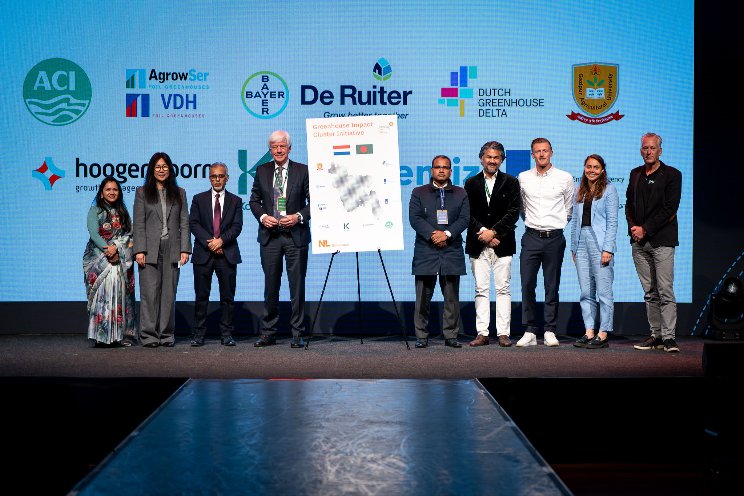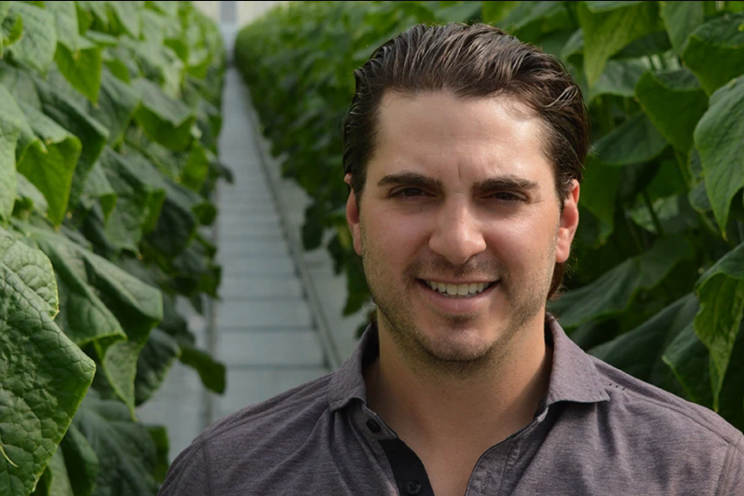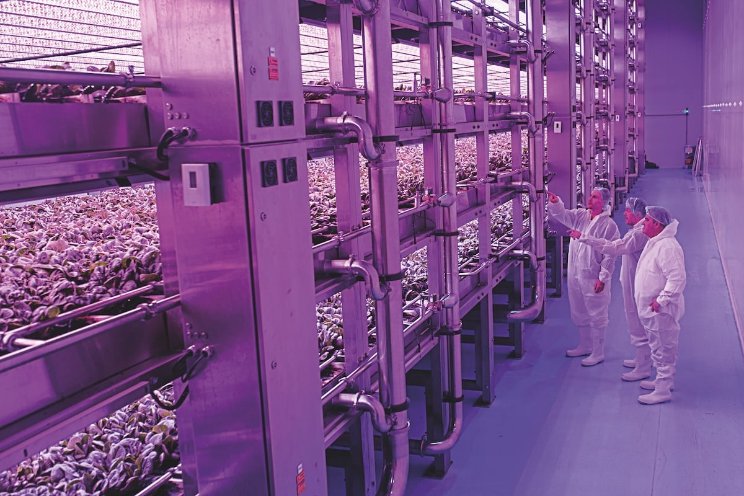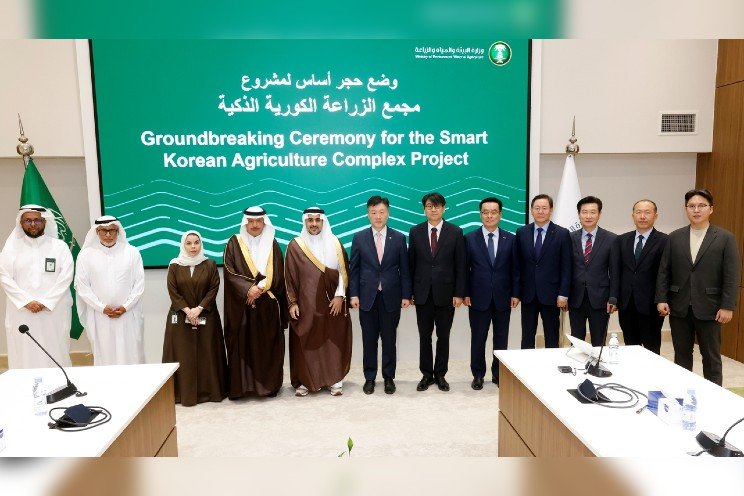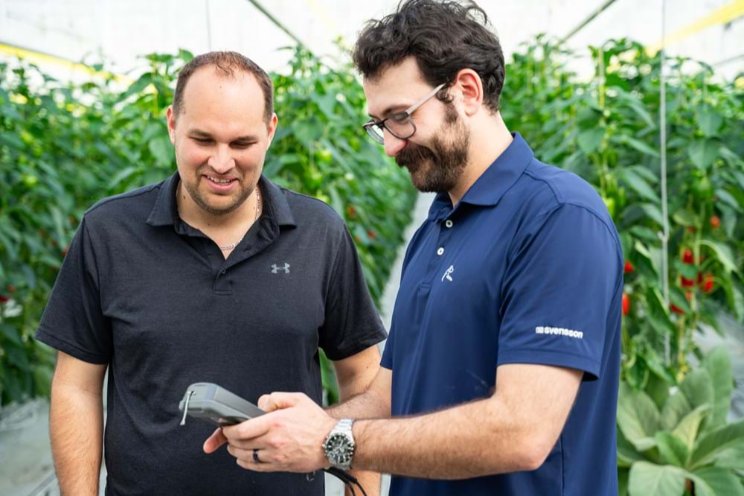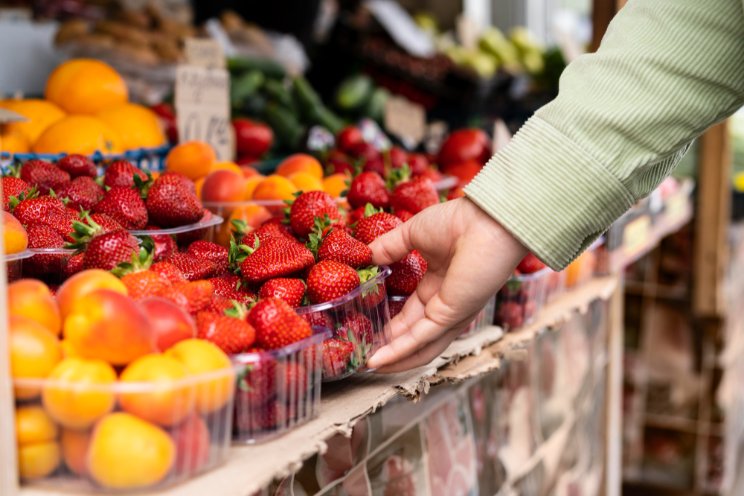The skills needed in future greenhouses
Added on 26 November 2020
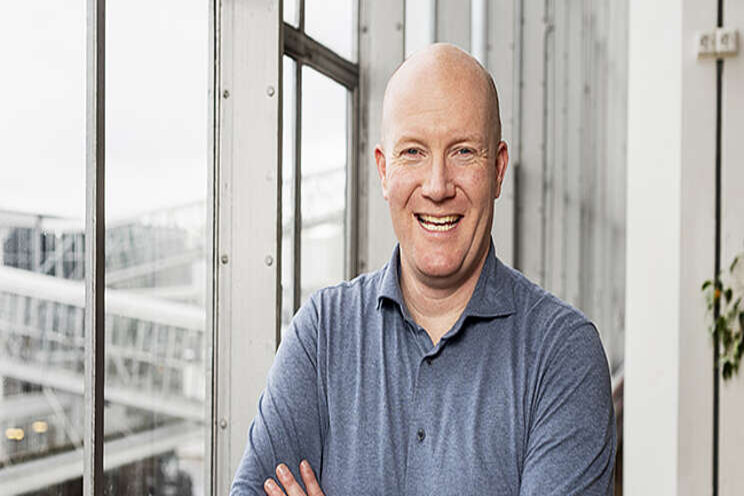
The sheep with 8 legs
A while ago I went for a brief medical check-up. The doctor turned out to be a somewhat older woman, obviously with an enormous amount of experience and having seen everything. At the end of my consultation we started talking about technological innovations, and specifically about artificial intelligence, machine learning and algorithms. It turned out that she was currently musing with several colleagues on the future of the medical profession. Her closest colleagues believed that the general practitioner would soon be replaced entirely by artificial intelligence, and that they themselves would become more like programmers than doctors. She on the other hand thought computers were quite useful, but that they could never replace a person's 'gut feeling'.
"Doctors will always be needed," she said. "They just need to be a bit handier with computers than I am; what do you think?"
Now by no means am I a medical specialist, but the question made me ponder. You hear these types of discussion increasingly in different areas of expertise. More and more new technological innovations are also emerging in the food and flower industry. What does that mean for the skills needed in future greenhouse horticulture? Will everyone soon be replaced by algorithms and robotization?
I don't think so. Of course Blue Radix enables autonomous climate management with algorithms and artificial intelligence. But there's more to this than simply automation taking over all human work. Certainly it complements human thinking, it takes action, it remembers details that the human memory doesn't, it supports the grower and it makes business operations scalable. Computers have a better memory and can predict far better than people can. But on the other hand, people are much better at creative thought and 'out of the box' innovation, where what a computer does is mainly 'in the box'. Combine these two skills and worlds and you have a very strong team of people and computers.
But what does that mean for the skills and types of people needed in the food and flower sector in the near future?
The rapidly-growing use of algorithms means that increasing numbers of people will work with this technology. Today we already expect people to have expert knowledge, to be able to communicate well, to interact with people and to be creative, innovative and enterprising. Alongside that, you now have to learn to work with algorithms. That's really quite different. Add it all up and you're more likely to achieve an eight-legged sheep than a five-legged one.
But how can it be that algorithms, which take over some of the work, still make people need more skills, you might ask?
Algorithms support people, make work scalable, complement thinking and doing. They can certainly take over parts of it as well. But it's the people with a broader set of skills, knowledge and interests who then have to manage the application and development of these algorithms.
So ultimately, it all means we will have to have increasing numbers of people who are those hypothetical 'eight-legged sheep'.
Of course you can then look for people who have all the skills. But in our search for the first Autonomous Greenhouse Manager I noticed one thing. It's all about passion and the will to immerse yourself in new fields of expertise and knowledge. If you are familiar with greenhouse horticulture, if you want to collaborate with and learn from experts in other fields, you'll go a long way, and you will automatically become an eight-legged sheep. That will lead to a bright future in the food and flower sector, where computers and people strengthen each other, improving rather than replacing each other.
Source: Goedemorgen
More news
